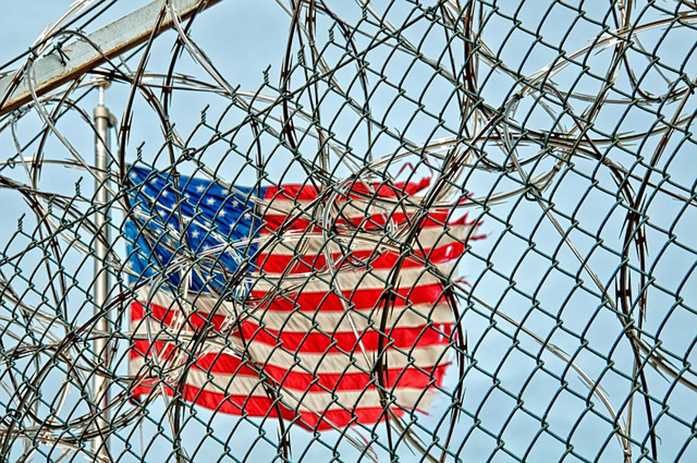Drug use increased in the United States throughout the 1980s and ’90s. In response, Congress enacted increasingly elaborate and harsh legislation. The objective was to curb drug use and create safer communities. It’s known today as the war on drugs.
Thirty years later, the “war” has had an overwhelmingly negative effect on our society. Not only have its objectives not been met, but new, serious problems have arisen. The sentencing laws passed in the ’80s have been effective in the pursuit of jailing more people. The Pew Charitable Trust reports an increase in the number of inmates serving time for drug-related offenses from 5,000 to 95,000 in the past 35 years. The cost to maintain such a system is vast, at $6.7 billion.
These additional prisoners are being held for far longer. Sentence length has been on the decline for all other crimes, but drug-related offenders will face a 36 percent longer sentence than they would have in 1980. The sentencing is also harsher, with probation all but disappearing as an alternative to extended incarceration.
From the outset, the war on drugs has targeted low- to mid-level offenders. That they are replaceable was not factored into the equation, and as a result, many low-level, nonviolent offenders are serving prison time while larger, influential dealers and distributors remain at large. The time low-level offenders serve is disproportionately long as well, owing to mandatory sentencing established through the ’80s. The mass incarceration has not led to a decrease in the use of illicit substances. Perhaps even worse, recidivism is at a high for these offenders. Longer sentences and the removal of probation have failed in the effort to stop illicit drug use and have left large numbers of people with criminal records, unable to find work and more likely to return to crime.
Five states have each been given $3 million grants to research and reform their penal systems. The hope is they will both decrease recidivism and discover effective methods of reform for use on a national level. This comes at a time when both parties express a desire to relieve the incarceration crisis in the United States.
Iowa is one of the five states given the grant, and it is working to enact research-based methods of rehabilitation and decriminalization. The Iowa Department of Corrections is working to decrease recidivism in Iowa, noting the effects of race and infrastructure. Black Iowans caught smoking marijuana are eight times more likely to be incarcerated than their white counterparts. Investments in staff training, quality assurance, job competencies, evidence-based workloads, and re-entry practices aim to relieve the issues of recidivism, racial discrepancies in sentencing, and general effectiveness in the Corrections Department.
The Daily Iowan Editorial Board believes reform is long overdue. The legislative efforts of the past have failed in their objectives and a new system built on real-world success and reintegration is desperately needed in the United States. It is an economic, social, and moral imperative. Should Iowa’s efforts prove fruitful, the next step that would affect far more individuals would be enactment at a national level.










